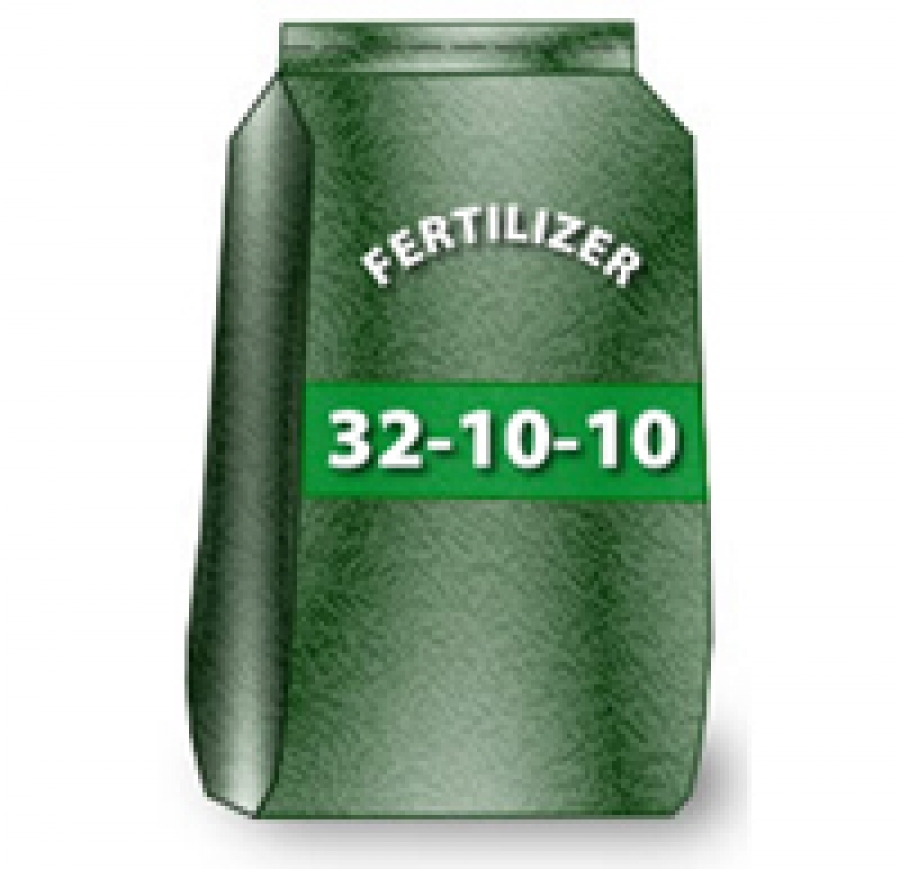Fertilizer 101
In addition to efficient watering, you need to know how to fertilize your landscape properly in order to have a healthy green lawn and garden. Read on to learn some fertilizer basics that will keep your yard looking great.
 Courtesy of Rain Bird
Courtesy of Rain Bird
Fertilizers are like vitamins for your yard that help your plants to grow strong and healthy -- but excessive or improper use of fertilizer may cause more harm than good. Here are a few helpful hints to help you use fertilizers effectively, efficiently and safely.
1. Read the Label
The three main ingredients in fertilizer are Nitrogen, Phosphorus, and Potassium. Nitrogen (N) stimulates green leaf growth, Phosphorus (P) stimulates healthy root development and helps seeds to resist disease, and Potassium (K) stimulates stem growth. The label on the side of the fertilizer bag will indicate how much of each element is present in the fertilizer.
2. Know Your Soil
A simple soil test can tell you a lot about the nutrient levels in your soil and which nutrients your plants might be lacking. This knowledge will help you determine the type of fertilizer that best suits your landscape. Your local home and garden center or fertilizer dealer can be a useful resource to help you conduct a soil test. You can also contact your local Natural Resources Conservation Service or Cooperative State Research, Education and Extension Service for more information on how to obtain a soil test for your yard.
3. Watch the Weather
You should never apply fertilizer when the weather is hot. If the temperature rises above 90 degrees, DO NOT apply fertilizer, as it may burn your lawn. In the spring, you should use fertilizer that is higher in Nitrogen to stimulate new leaf growth in time for summer. As the weather cools in the fall, use fertilizer that is higher in Phosphorus content in order to create a strong root system that will survive the winter.
4. Apply Evenly
Purchase a manual or automatic fertilizer spreader at your local home center, which will evenly distribute fertilizer over your turf and help you avoid over-fertilizing. Applying too much fertilizer will not only harm your plants, it can also cause serious damage to the environment.
